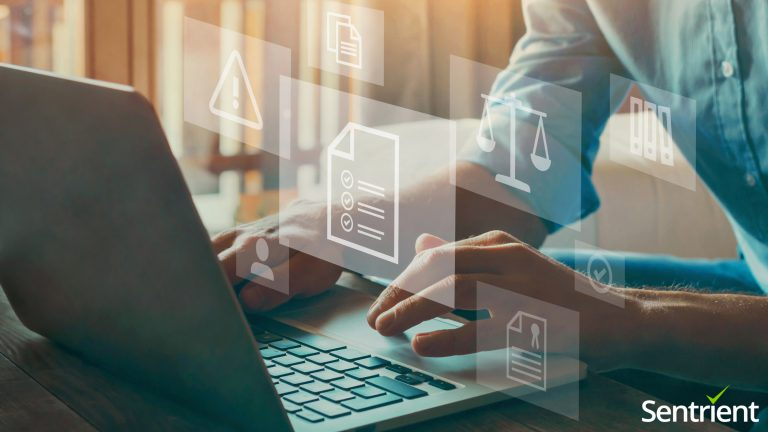The Importance Of Cybersecurity In Today’s Digital World
Cybersecurity is more critical now than ever before. As technology continues to advance and more of our daily lives take place online, the need to protect our personal and sensitive information has become a top priority. The increasing amount of data being stored and shared on the internet has made it a target for cyber criminals who are looking to steal, exploit, and profit from this information.
One of the main reasons why cybersecurity is so critical is that it helps protect our personal information. Personal information, such as our names, addresses, tax file numbers, and credit card information, is the lifeblood of cybercriminals. Without this information, they cannot conduct fraudulent activities or steal from our bank accounts. By implementing strong cybersecurity measures, we can help protect ourselves from these types of attacks and keep our personal information safe.
Another reason why cybersecurity is important is that it helps protect our businesses and organisations. Businesses today rely heavily on technology and the Internet to conduct their operations. They store sensitive information such as financial records, employee data, and customer information on their servers and networks. If this information were to fall into the wrong hands, it could be devastating for businesses. Cybersecurity measures help protect this information and keep it out of the hands of cybercriminals.
Cybersecurity is also essential because it helps to protect our national security. Governments and military organisations rely heavily on technology and the internet to conduct their operations. A cyber-attack on these organisations could have devastating consequences. Cybersecurity measures are in place to protect against these types of attacks and keep our country safe.
Lastly, cybersecurity is essential because it helps to protect our economy. A cyber-attack on a business can result in lost revenue and productivity. It could also lead to the loss of customer trust and damage to the company’s reputation. By implementing strong cybersecurity measures, businesses can help protect themselves from these types of attacks and keep our economy strong.
In conclusion, cybersecurity is a critical issue that affects us all. Individuals and businesses need to take steps to protect themselves from cyber-attacks and keep their personal and sensitive information safe. This includes implementing strong passwords, keeping software up-to-date, and being aware of potential threats. By taking cybersecurity seriously, we can help protect ourselves and our communities from the devastating effects of cybercrime.
This blog post was originally published here.




Comments
Post a Comment